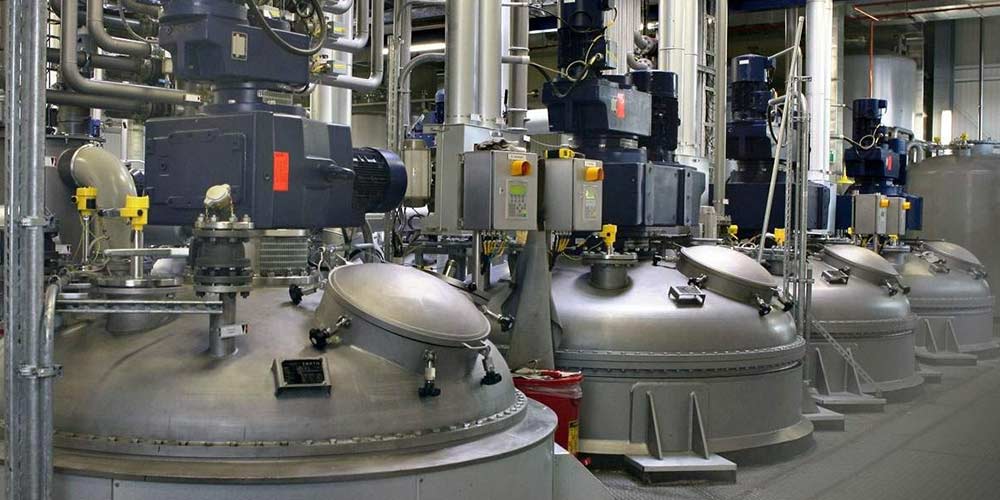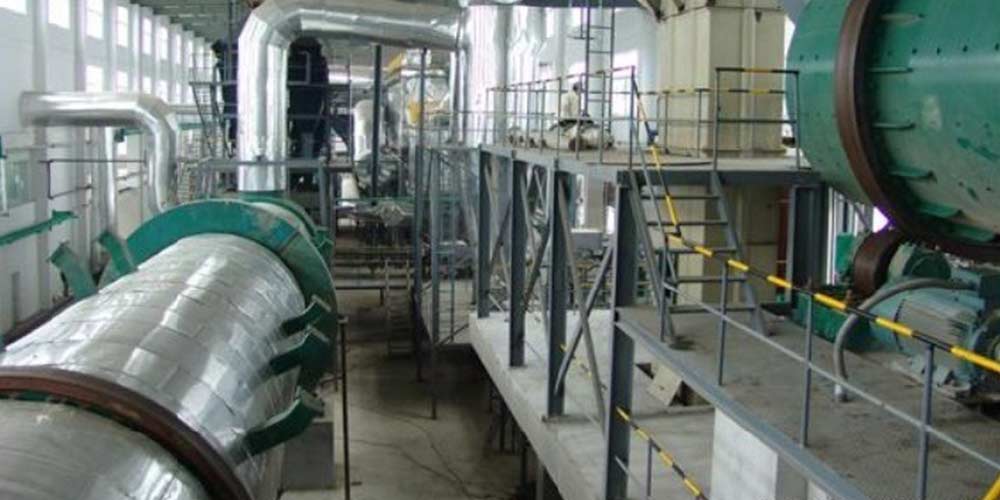


Zinc sulphate is a form of zinc that is soluble in in water. It contains 22% soluble zinc in water. Zinc sulphate has a white crystalline appearance. The importance of zinc in agricultural production is quite high. Although the rate of absorbable zinc varies according to the regions in our country’s soil, it is generally below the desired level. Zinc deficiency prevents the plant from developing sufficiently and, as a result, causing less fruit. Zinc sulphate fertilization increases plant efficiency and ensures that all the fruits are the same size and look alive.
Zinc Sulfate Benefits In Plants
- Unit increases the amount of product received in the area.
- Regulates the Ph of soil.
- prevent early spillage and shrinkage in the leaves
- Increases the resistance of the plant against cold.
- Increase fruit retention in fruit trees.
- Beautifies the appearance of the fruit, preventing deformity.
- Increases the number of exiles, prevents stunning.
- Increases the water holding capacity and allows the plant to be affected later than the drought.
- Increase the neck and handle thickness of cereals.
- Prevents yellowing of grasses in meadows and meadows, expands rapidly and provides plenty of grass.
The Importance Of Zinc In Nutrition Of Animals
Animals that are fed with zinc-deficient pastures and grains that are grazed in meadows or that lack zinc are not able to take enough zinc; and as a result;
- Loss of appetite, moodiness, slowdown in growth
- Weakness in muscle development
- Weight loss, Hair loss
- Foot swelling
- Immune system weakness against diseases
- Inflammation around the nose and mouth
- Decreased fertility in the female animals
- Excessive bleeding at birth
- Deterioration of testicles and decrease in sperm formation in male animals
- Drop in milk yield.
Kullanım alanları

Maden Sektöründe
Bazı metal cevherlerinin flotasyonunda kullanılır.

Tarım Sektöründe

Kimya Sektöründe

Boya, Deri, Maya sektöründe




